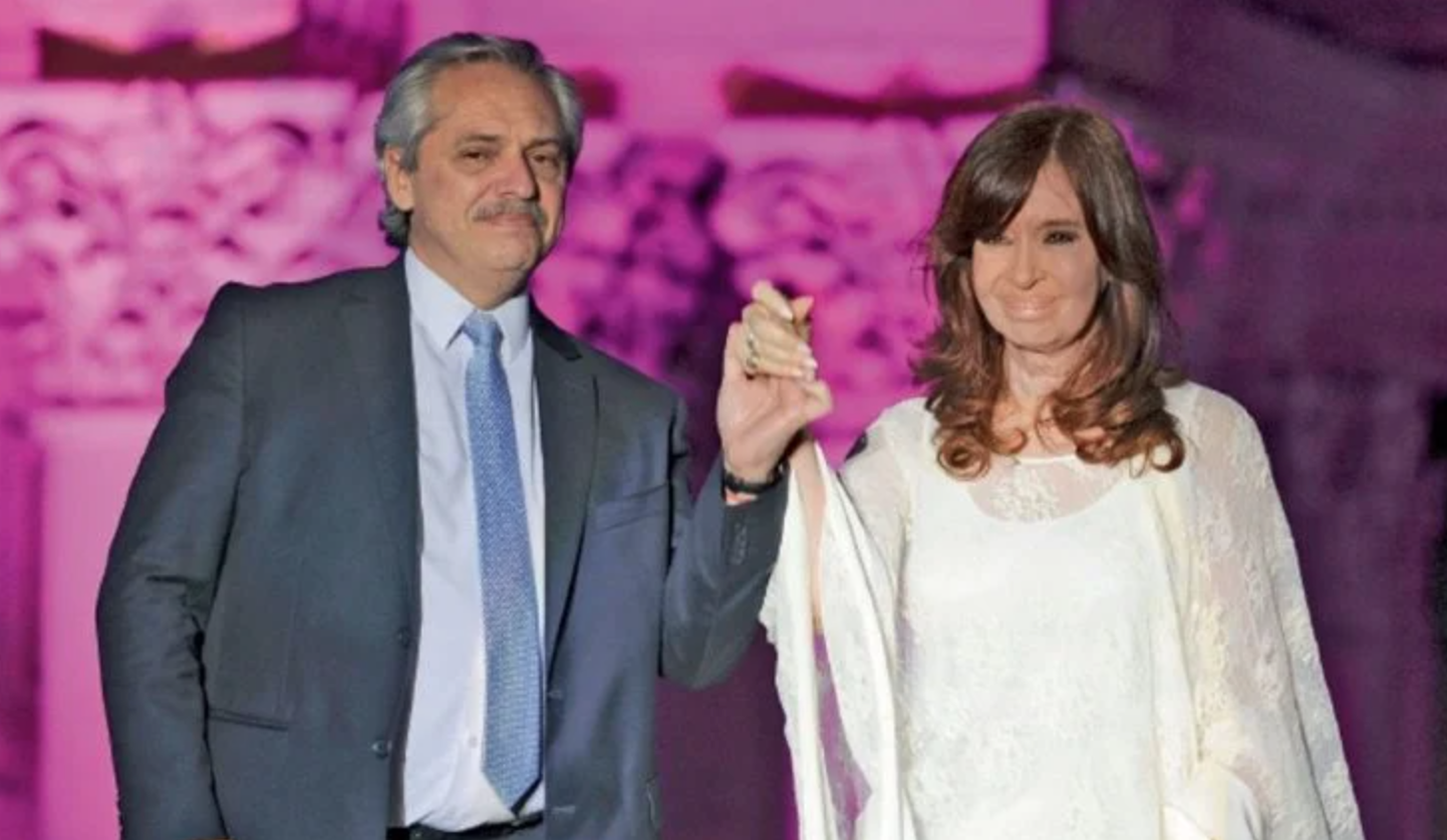There is an idea in the Río de la Plata that dulce de leche improves any dessert. So, ice cream is good; ice cream with dulce de leche is better. Flan is good; flan with dulce de leche is better. Cake is good; a cake with dulce de leche is better. The same happens with democracy: the most opaque concept, if the adjective “democratic” is placed next to it, acquires a heavenly light. Justice, good; democratic justice, better. Coexistence, good; democratic coexistence, better. Compromise, good; democratic compromise, better.
The week of August 22 was not exactly sweet for Cristina Fernández de Kirchner. The prosecutors in the “Vialidad” (Road Works) case asked for 12 years in prison and lifetime disqualification from holding public office. As expected, the cataract of reactions was immediately set in motion. Dangerous reactions, of course, as they are more ideological and visceral than calm and rational. Dangerous as they imply prosecuting the Argentine Justice. Even more dangerous because the first to defame Justice was the Vice President herself, from whom one would expect some degree of respect for the country’s institutions.
But one tweet made her position obvious: “The Argentine Judiciary sucks“. Finally, they were dangerous at the highest level because they added fuel to the fire of polarization, of the verbal fury that has been installed in Argentina during the last fifteen years. This explains why the sequence ended with the attempted assassination of the Vice President on September 1st.
Regarding this case, the investigations have barely begun and the information that is appearing prevents conclusions from being drawn. On the contrary, it forces caution. However, what is relevant here is not the judgment of the event, but a much more obvious fact: the Argentine sociopolitical atmosphere is so charged that physical violence is not completely unusual. The progressive growth of verbal aggression to the point of extending to other means (such as physical violence) deserves categorical condemnation, but it would be both naive and cynical to say that such an evolution was not to be expected.
Returning to the judicial front, these lines do not intend to enter into the game of assessments on whether the trial of the Vice President is fair, whether Cristina is guilty, or whether Argentine Justice stinks or smells of jasmine. Not even in the game, even more dramatic, about the meaning and consequences of the summary trial of the Judiciary being carried out by the Executive Power of the country itself. Here it is about something else: the arguments that were used. And especially one: democracy.
From Spain, the leader of Podemos, Ione Belarra, tweeted: “The judicial and media war against progressive governments is a constant that we will always denounce. Because it is not against us, it endangers democracy itself. In Spain, Argentina, or any democratic country. Our support from @PODEMOS to @CFKKArgentina”.
From the Casa Rosada itself, three-quarters of the same. An official communiqué from the Presidency stated: “The government reiterates its adherence to the full validity of the democratic functioning of justice”.
There are two substantial problems in Belarra’s and Fernández’s statements. First, they confuse democracy with the rule of law. Second, they try to see and make it seem, democracy where there is a mixed regime.
Democracy and the rule of law
Run for election promising to strengthen the rule of law. You will get one vote or none. Run on a promise to strengthen democracy. Your voters will multiply miraculously, like loaves and fishes. Such is the demagogic canon of our time. Democracy is the fudge of all political desserts. That is why Alberto Fernández closed his inaugural speech by affirming that “democracy cures, educates and eats”.
One might suspect that he does not know very well what this democracy he was talking about is. However, we had to wait two and a half years to see it clearly. One of two things: either Belarra and Fernández do not know the difference between democracy and the rule of law, or they actively ignore it. In other words: is their ignorance or their demagogy greater?
Democracy refers exclusively to how many hands wield public power. This is not a novel definition. Quite the contrary: it comes to us from Ancient Greece. Public power on one hand is a monarchy. In a few hands is an aristocracy. In the hands of the majority is a democracy.
What Fernández, Belarra, and, of course, Cristina Fernández herself, denounce is that Argentine Justice is not independent; that it is tied by certain powers. What does this have to do with democracy, that is, with public power being in the hands of the majority?
Democracy is an attribute of the political system. It explains the distribution of power within society. Justice is a branch of the State, but it is not a political space. Precisely the opposite: the politicization of Justice is one of the most serious threats to it. What is at stake in the fact that Justice is independent, or not, is the rule of law, not democracy.
“Democratic functioning of Justice”, states the Presidency’s communiqué. It is something like the Protestant horsemanship Borges talked about, with an aggravating factor: it comes from a president who, according to the communiqué itself, “has been raised in the family of a judge, has been educated in the world of law and has been teaching Criminal Law for more than three decades”. Perhaps he should know the difference between democracy and the rule of law.
If justice were democratic, does that mean that citizens would vote on verdicts? Or that they vote for judges? Indeed, would Fernández know why citizens do not vote for judges in any country? Not even in those that Peronism admires. For example, in Venezuela, where they vote for the Executive and the Legislative, but not for the Judiciary. Or Bolivia. Or Iran, Russia, and China, where they vote… Let’s not go on.
Democracy and mixed regime
Some of those Greeks, and Romans, who classified the forms of government bequeathed us a thesis: the ideal form is neither monarchy nor aristocracy nor democracy, but a combination of the three. Thus, in Republican Rome a mixed regime functioned, in which the consuls were the monarchical element, the Senate constituted the aristocratic one, and the tribunes of the plebs represented the democratic one.
Two thousand years later, the independent Latin American republics were born and took that model: the president would be the monarchical element, the Senate would be the aristocratic one, and the Chamber of Deputies would represent the democratic one.
You run for election promising to strengthen the mixed regime. You will get one vote or none. Show up promising to strengthen democracy, as if you believe that we live in a pure democracy. Your voters will multiply miraculously. One of two things: either Belarra and Fernandez have not yet learned that our governments are not pure democracies, but mixed regimes or they actively ignore it. In other words: is their ignorance or their demagogy greater?
Translated from Spanish by Janaína Ruviaro da Silva












